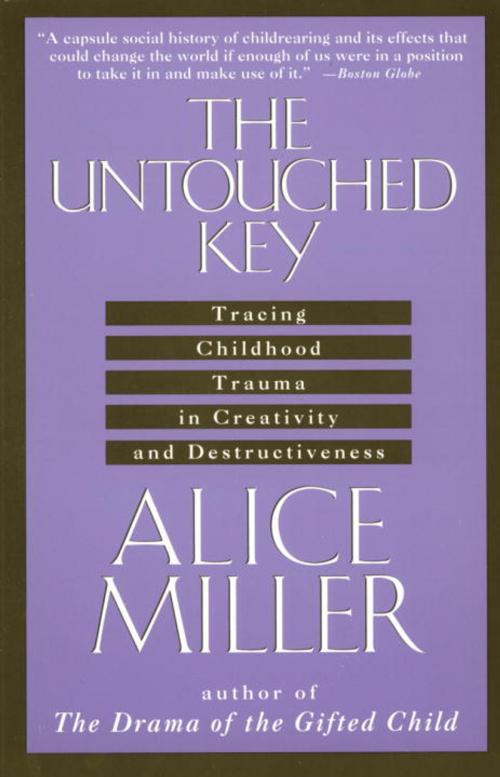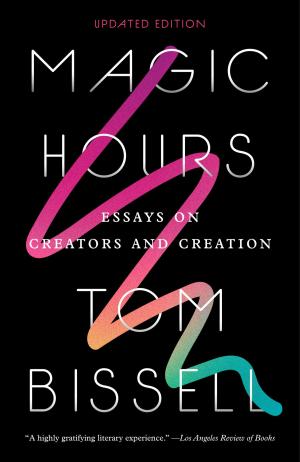The Untouched Key
Tracing Childhood Trauma in Creativity and Destructiveness
Nonfiction, Health & Well Being, Psychology, Child & Adolescent, Adolescent Psychology, Child Psychology, Mental Health| Author: | Alice Miller | ISBN: | 9780307816924 |
| Publisher: | Knopf Doubleday Publishing Group | Publication: | May 9, 2012 |
| Imprint: | Anchor | Language: | English |
| Author: | Alice Miller |
| ISBN: | 9780307816924 |
| Publisher: | Knopf Doubleday Publishing Group |
| Publication: | May 9, 2012 |
| Imprint: | Anchor |
| Language: | English |
As in her former books, Alice Miller again focusses on facts. She is as determined as ever to cut through the veil that, for thousands of years now, has been so meticulously woven to shroud the truth. And when she lifts that veil and brushes it aside, the results are astonishing, as is amply demonstrated by her analyses of the works of Nietzsche, Picasso, Kollwitz, Keaton and others. With the key shunned by so many for so long - childhood - she opens rusty looks and offers her readers a wealth of unexpected perspectives.What did Picasso express in "Guernica"? Why did Buster Keaton never smile? Why did Nietzsche heap so much opprobrium on women and religion, and lose his mind for eleven years? Why did Hitler and Stalin become tyrannical mass murderers? Alice Miller investigates these and other questions thoroughly in this book. She draws from her discoveries the conclusion that human beings are not "innately" destructive, that they are made that way by ignorance, abuse, and neglect, particularly if no sympathetic witness comes to their aid. She also shows why some mistreated children do not become criminals but instead bear witness as artists to the truth about their childhoods, even though in purely intuitive and unconscious ways.
As in her former books, Alice Miller again focusses on facts. She is as determined as ever to cut through the veil that, for thousands of years now, has been so meticulously woven to shroud the truth. And when she lifts that veil and brushes it aside, the results are astonishing, as is amply demonstrated by her analyses of the works of Nietzsche, Picasso, Kollwitz, Keaton and others. With the key shunned by so many for so long - childhood - she opens rusty looks and offers her readers a wealth of unexpected perspectives.What did Picasso express in "Guernica"? Why did Buster Keaton never smile? Why did Nietzsche heap so much opprobrium on women and religion, and lose his mind for eleven years? Why did Hitler and Stalin become tyrannical mass murderers? Alice Miller investigates these and other questions thoroughly in this book. She draws from her discoveries the conclusion that human beings are not "innately" destructive, that they are made that way by ignorance, abuse, and neglect, particularly if no sympathetic witness comes to their aid. She also shows why some mistreated children do not become criminals but instead bear witness as artists to the truth about their childhoods, even though in purely intuitive and unconscious ways.















